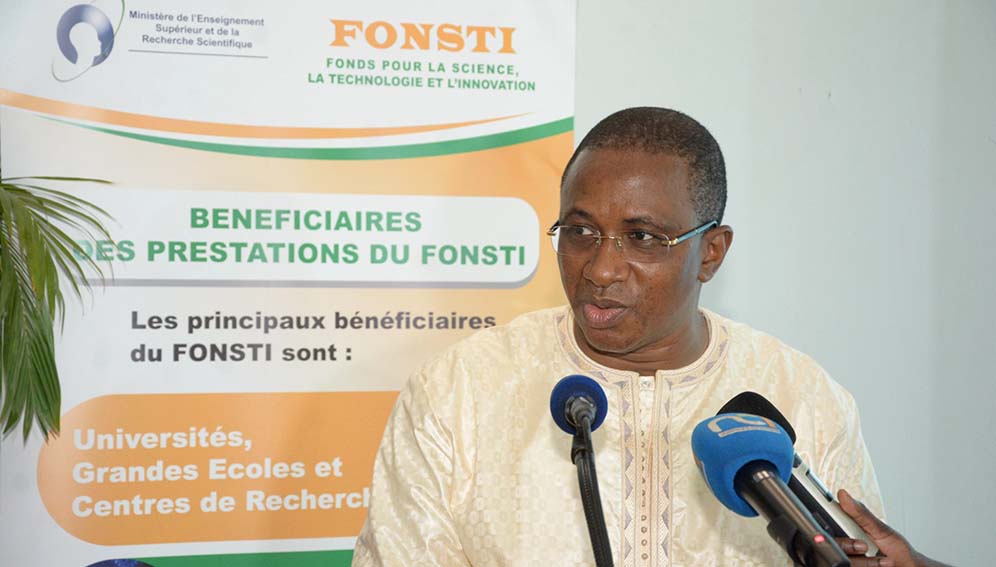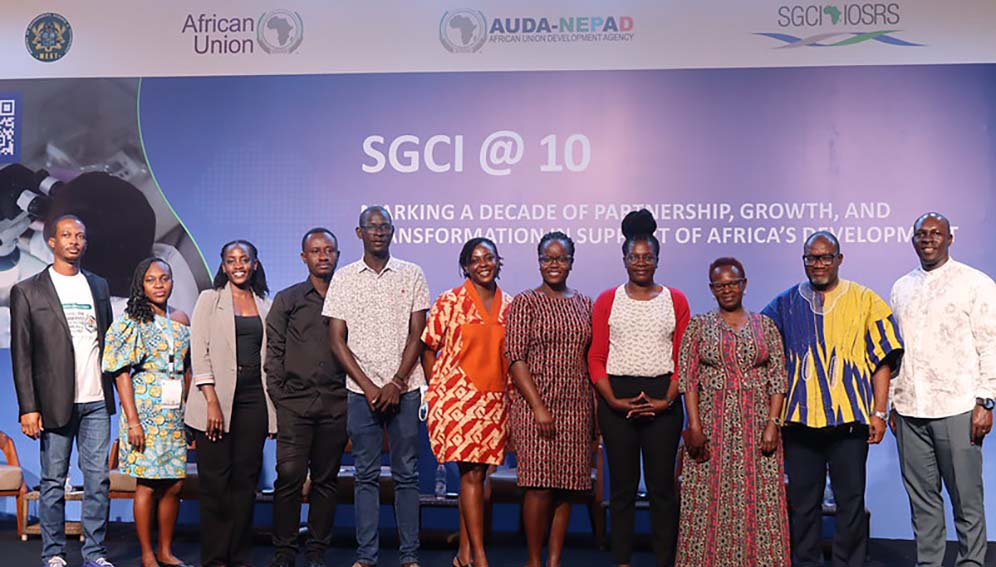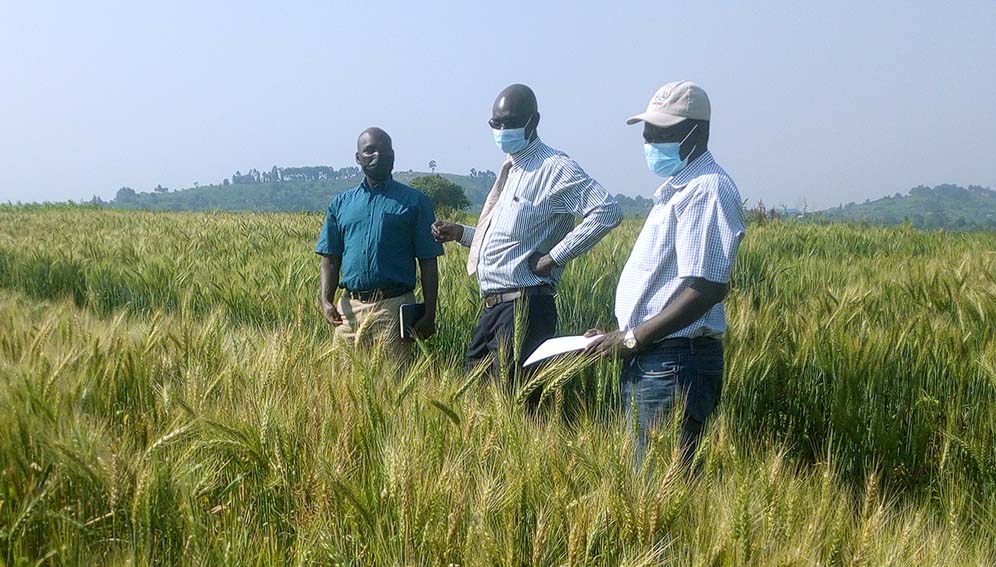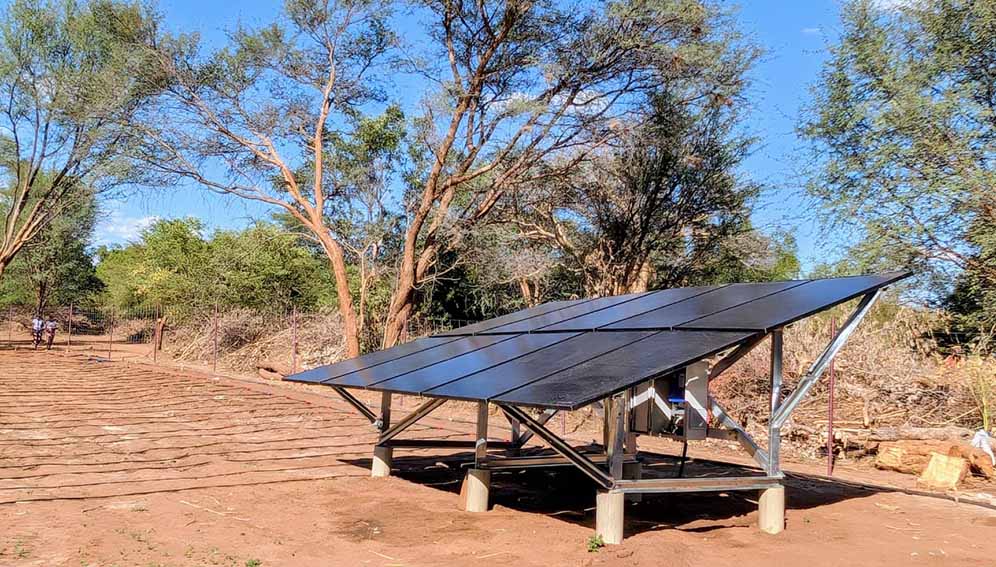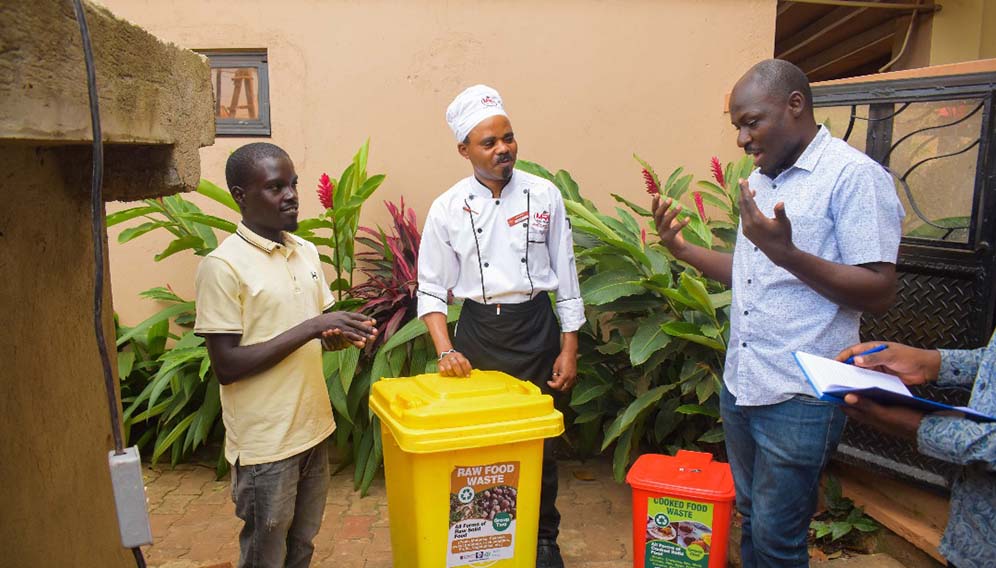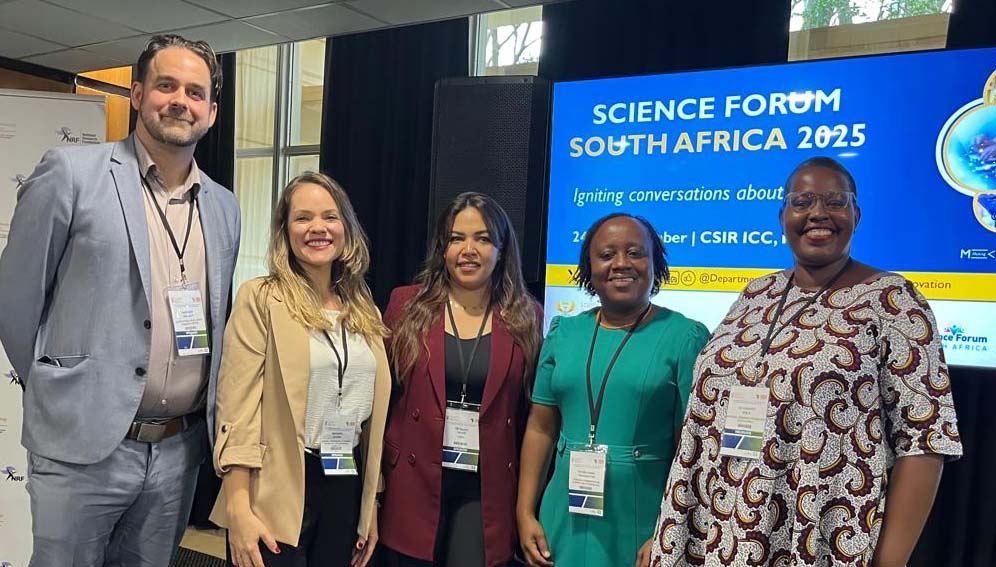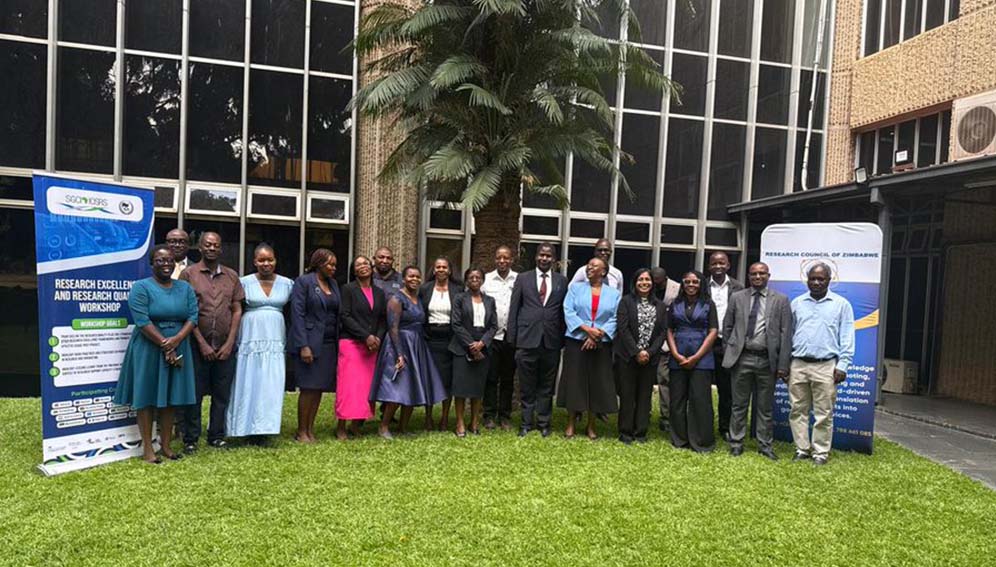Posts by Davis Weddi
The FONSTI mag: A new era for science storytelling in Côte d’Ivoire
Effective research communication is central to ensuring that science informs policy, reaches communities, and inspires the next generation of scientists. Science Granting Councils Initiative (SGCI), members are increasingly experimenting with creative, people-centred ways of making research more visible, accessible, and relevant beyond academic circles and as a core function of national science systems. One such…
Read MoreAdvancing STI systems through Kenya’s silicon savannah
The National Research Fund (NRF) leadership, last week, joined the principal secretary of the State Department for Science, Research and Innovation, Haukat Abdulrazak, on a strategic visit to Konza Technopolis, Kenya’s flagship innovation ecosystem and a cornerstone of the country’s ambition to become a knowledge-based economy. The visit, led by NRF chief executive officer Dickson…
Read MoreSGCI 2026: Strengthening science granting councils for leadership
As African countries confront increasingly complex development challenges ranging from climate change and health security to food systems, digital transformation, and economic diversification, the need for strong, responsive national science funding institutions has never been more urgent. Science granting councils sit at the centre of this challenge, shaping how research is prioritised, funded, governed, and…
Read MoreIn case you missed it: Stories driving science impact across Africa
As the Science Granting Councils Initiative (SGCI) prepares to roll out a new phase of activities, we revisit some of our most-read stories highlighting how stronger research systems, innovation, and climate-resilient science are delivering impact across Africa. From strengthening national research systems and financing mechanisms to supporting farmer-led innovation and climate-resilient agriculture, these top-performing stories…
Read MoreTowards 2026: African innovations pointing to what comes next
As we step into 2026, research-driven innovation continues to shape how communities respond to long-standing development challenges, from health and food security to climate resilience, jobs, and sustainable industry. Backed by the Science Granting Councils Initiative (SGCI), these projects show how local science, when aligned with national priorities, can generate practical solutions with lasting impact.…
Read MoreInnovation highlight series: part three
Across Africa, locally driven research is delivering practical solutions to some of the continent’s most pressing development challenges, from food security and clean energy to livelihoods and industrial efficiency. Supported by the Science Granting Councils Initiative (SGCI), these innovations show how targeted funding, skills development, and researcher–community collaboration can translate ideas into impact. This third…
Read MorePowering Africa’s science through stronger councils
Strengthening national science granting councils is emerging as one of the most effective pathways for improving how African countries finance and govern science for development. This was the focus of the thematic session on Financing Science for Impact held during the Science Forum South Africa (SFSA) Side Event from 24 to 28 November at the CSIR…
Read MoreCouncils seek solutions to research financing crisis
African countries are working to strengthen research quality, ethical practice, and grant management through the Research Excellence and Good Financial Grant Practices Workshop. The Science Granting Councils Initiative (SGCI), together with the Association of African Universities and Senegal’s Ministry of Higher Education, Research and Innovation, organised the workshop from November 26-28, in Dakar, Senegal. Representatives…
Read MoreZimbabwe moves to strengthen research governance
With the growing need to improve the quality, integrity, and impact of scientific work in the country, the Research Council of Zimbabwe (RCZ) has convened a three-day Research Excellence and Research Ethics Workshop aimed at strengthening governance and ethical standards across the national research system. Held from 27–29 October 2025 in Harare, the workshop gathered…
Read MoreAfrica pushes community-led, curiosity-driven research at GRC meeting
African research leaders are calling for community-engaged and curiosity-driven research to strengthen the continent’s scientific ecosystem and ensure that research better serves local needs. This call to action took centre stage at the 2025 Global Research Council (GRC) Sub-Saharan Africa Regional Meeting and Science Granting Councils Initiative (SGCI) Academic Symposium, held in Bulawayo, Zimbabwe, from…
Read More
